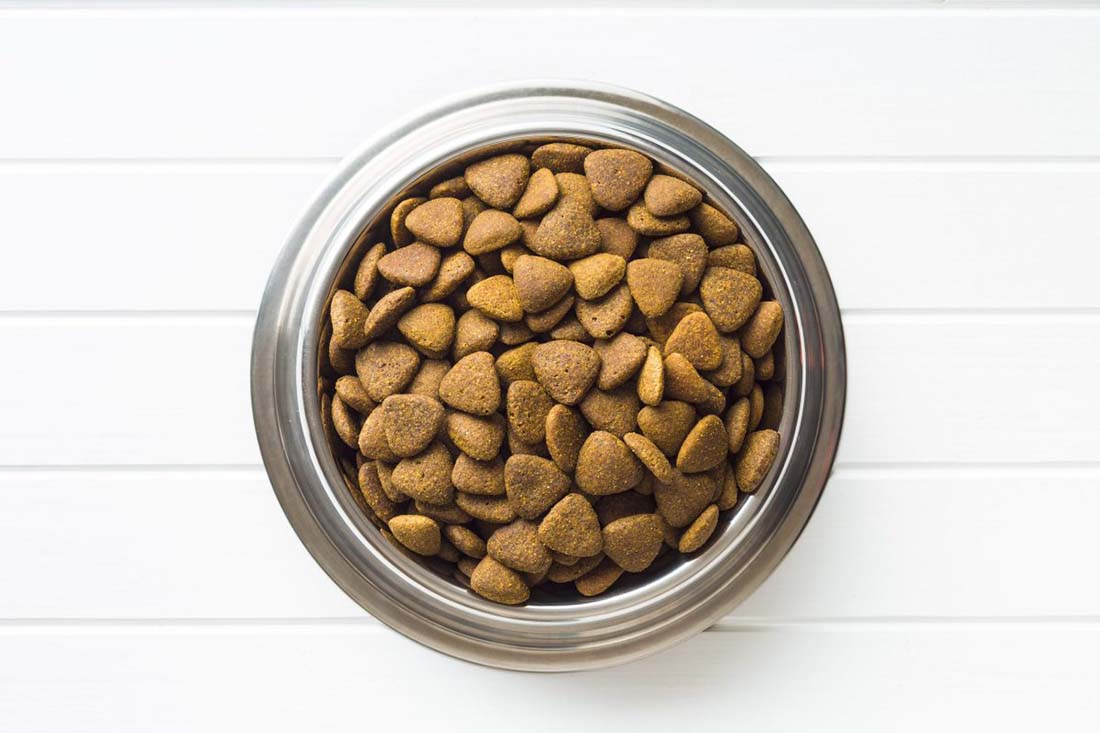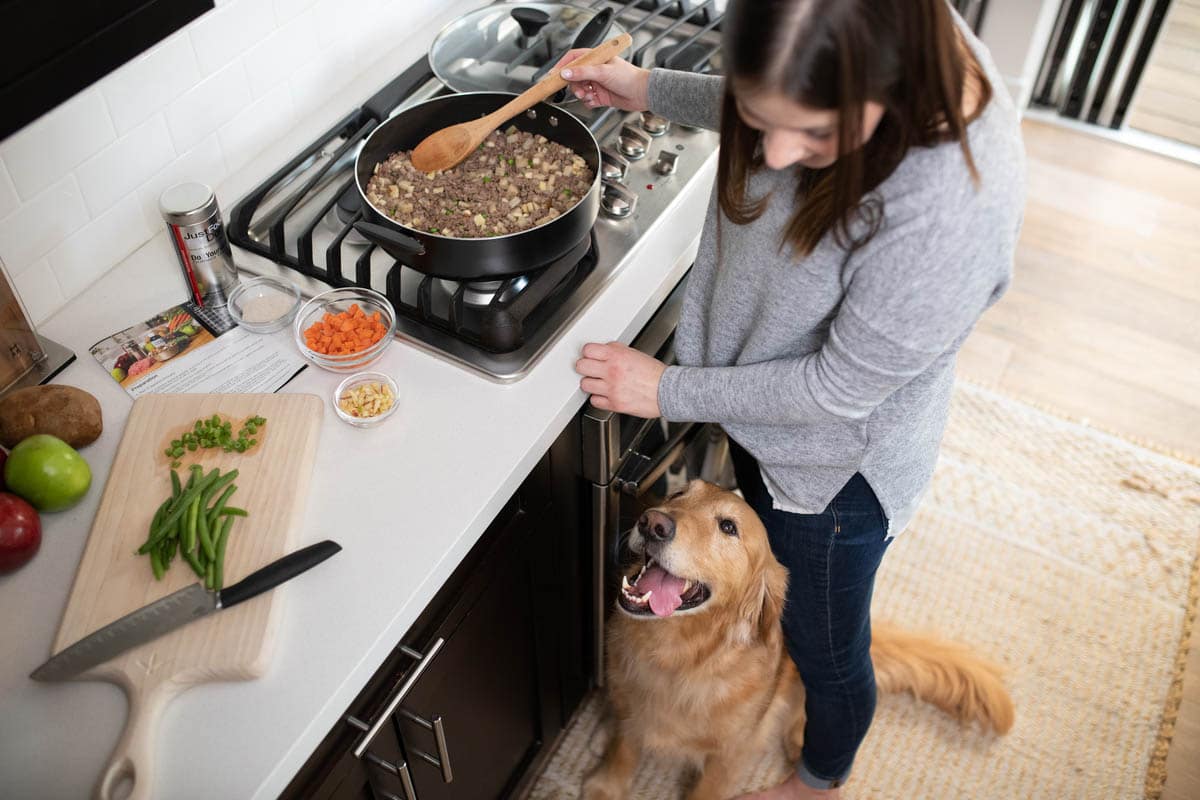All About Fillers in Dog Food
Everything you need to know about fillers in dog food, including which ones have actual nutritional value or not.
Choosing the right pet food for your dog. We know pet parents want to provide good nutrition to their pups while still giving them the meals they crave. So how do you know which dog food to choose? The first thing to look for when choosing the right food for your dog is the ingredient list.
You want to make sure it contains the right supplements and also tastes great.
It seems like the choices when it comes to dog food are endless. In no time, you can narrow down the highest quality meals for your four-legged best friend when you learn to be on the lookout and avoid fillers in dog food.
What Are Fillers in Pet Food?
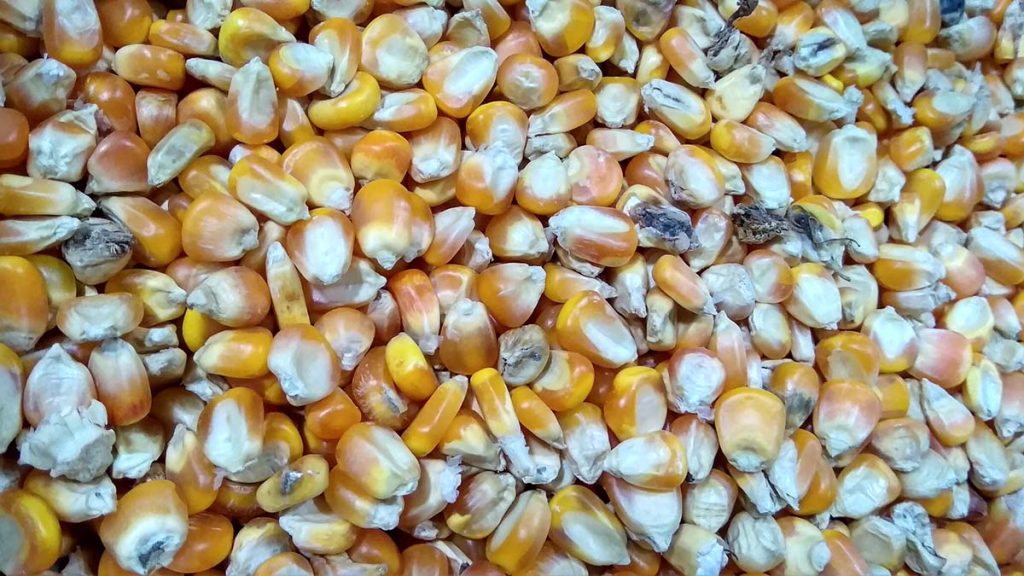
Fillers in pet food are ingredients that don’t add very much nutritional value. Fillers simply increase the volume of the food you’re purchasing. They’re typically made up of grains and by-products that aren’t suitable for human consumption but add a lot of bulk to a bag of commercial dog food.
Like junk food for humans, it may be filling and taste good, but it’s not always good for you. Fillers in dog food work the same way, and they’re not always good for your dog either.
To maintain the best health possible for your dog, avoid fillers and choose dog food with only natural, high-quality ingredients.
Why Are Fillers Bad For Dogs?
Fillers aren’t always necessarily bad for dogs, but they don’t provide any real benefits to your dog’s diet. Since they’re not really useful food ingredients, they can also be harder for your dog’s body to process. This can lead to issues with digestion and other health problems like obesity, high blood sugar, and food allergies.
What Are Common Fillers in Dog Food?
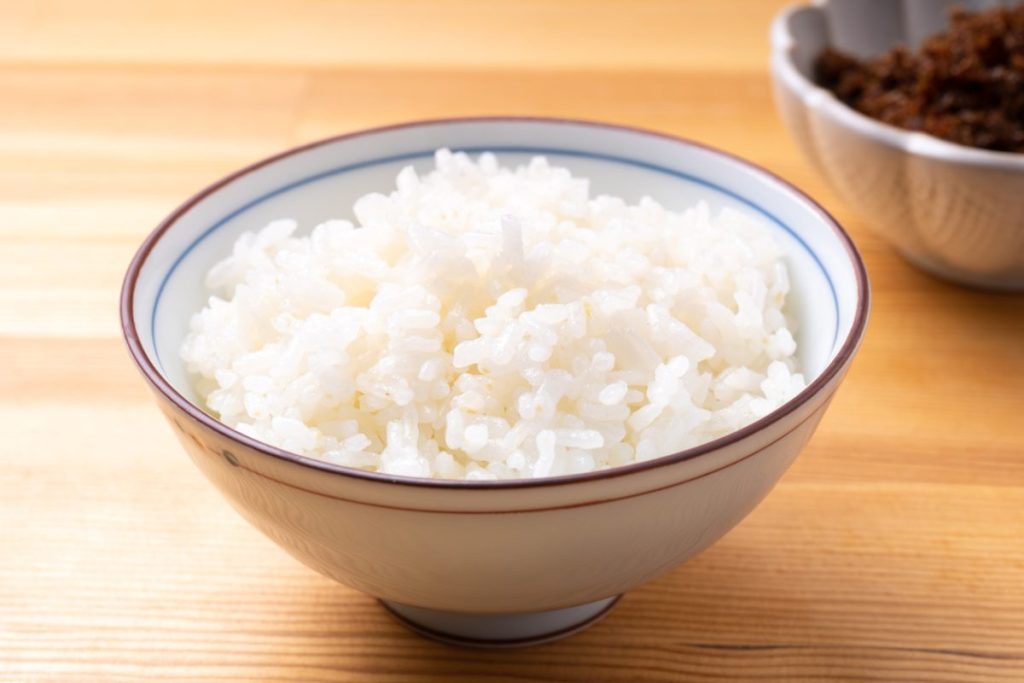
Common filler ingredients in commercial dog food are often gluten and grain-based ingredients like white rice, corn, wheat, and soy. These ingredients are common in dry dog food. Unfortunately, you can often find them in inexpensive, low-quality dog food brands.
On pet food labels you might see filler ingredients listed as the following:
- Wheat (non-specific)
- Rice flour
- Potato starch
- Cereals
- Derivatives of vegetable origin
Ingredients That Aren’t Fillers in Pet Food
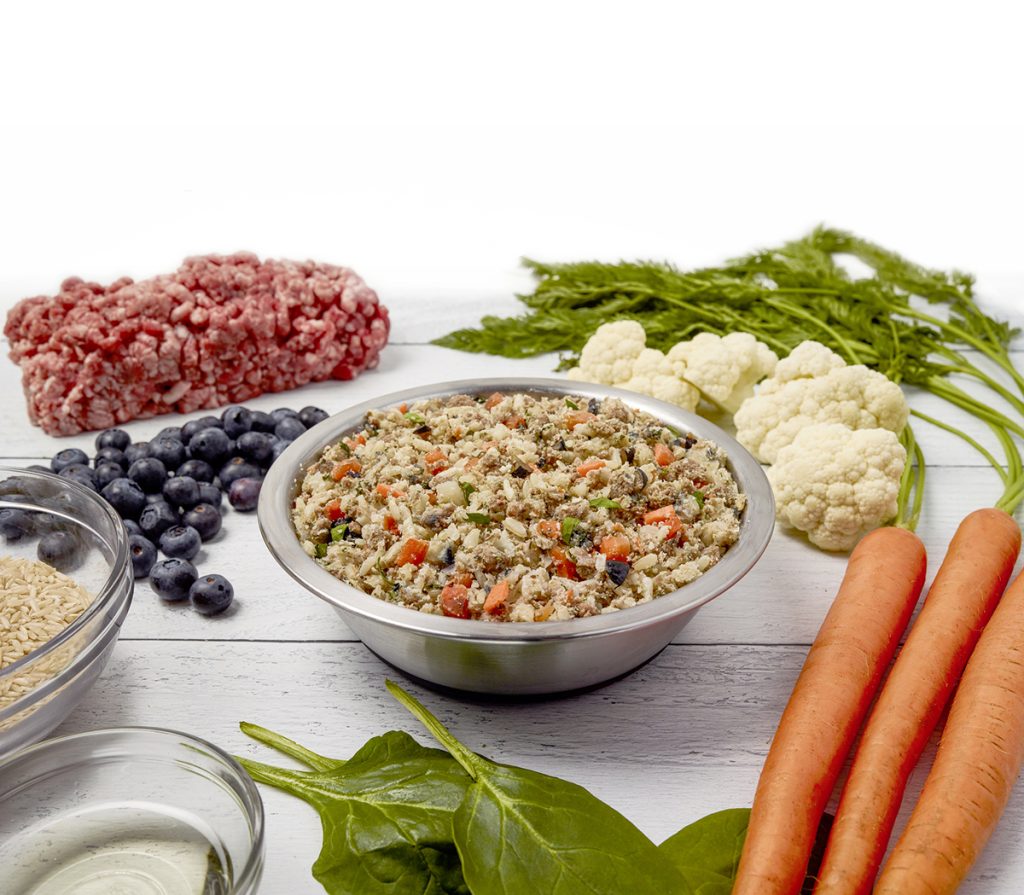
There are a handful of common misconceptions when it comes to fillers in commercial dog food. Just because certain products aren’t made or preferred for human consumption doesn’t mean they have no nutritional value for pets.
Pet food manufacturers aren’t necessarily trying to fool you when using things like meat by-products in dog and cat food. According to Association of American Feed Control (AAFCO) officials, these can be a good source of protein and amino acids for pets.
AAFCO guides and informs regulations around ingredients and label standards for animal food. Examples of meat by-products include parts of animals other than meat, like lungs, kidneys, liver, brains, or fatty tissue.
Another meat ingredient sometimes seen in pet food is chicken meal or other types of meat meal. While it doesn’t sound appetizing as human food, it can be a good source of protein in your dog’s diet. Meat meal is made up of remaining animal parts like extra meat, connective tissue, and offal (internal organs) and cooked at high temperatures before being made into a protein-packed powder.
Healthy Ingredients To Look For In Dog Food
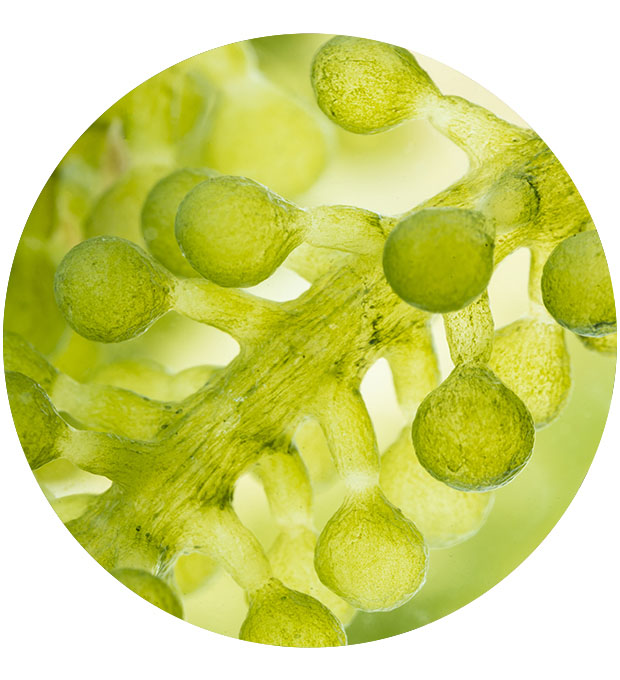
Now that you know a little more about which ingredients to avoid when selecting the best food for your dog, what are some of the things you should look for from higher-quality pet food companies? Here are some of the first ingredients to look for in commercial dog food that will benefit your dog’s diet the most.
Corn Gluten Meal
Corn gluten meal, sometimes called corn protein meal, is an ingredient in dog food that functions as another good source of protein as well as amino acids. Both of these are important in your dog’s diet to help them build muscle and have healthy fur, skin, and nails.
Beet Pulp
Beet pulp is a great source of fiber and its benefits for dogs are well researched. It promotes intestinal health and can help your dog to absorb other important nutrients in their food. Beet pulp can also be an energy booster!
Whole Grains
While the filler grains we’ve talked about don’t provide any nutritional value for your dog, completely grain-free diets aren’t good for dogs either. Just like humans, dogs need healthy carbohydrates that can come from high-quality grains like oats, barley, whole wheat, and brown rice.
Sweet Potatoes
Sweet potatoes are another excellent source of healthy carbohydrates in dog food. They’re also high in fiber and lots of essential vitamins and nutrients dogs need which are all important components of a healthy overall diet.
Fish & Omega-3s
Fish is a wonderful source of fatty acids and omega-3s in dog food. It’s essential for promoting a healthy coat and skin as well as a healthy inflammatory response. It also helps support cognitive function. Fish is also a great source of protein for dogs with food allergies to other meats, like poultry or red meat.
Preservatives To Avoid in Dog Food
While not necessarily used as fillers, unhealthy preservatives in dog food can be another sign of low quality. These are often found in kibble and other dry dog foods, and while approved as ingredients should be avoided in high-quality dog diets.
Butylated Hydroxy Anisole (BHA)
Butylated hydroxy anisole is a synthetic chemical characterized as a waxy solid with a white or yellowish tint. While it’s been used as a preservative in food, cosmetics, and pharmaceuticals since 1947, it’s best to avoid it in high quantities.
Butylated Hydroxytoluene
Butylated hydroxytoluene (BHT) is an organic compound derived from phenol, used in different medicines and useful for its antioxidant properties. However, in high quantities, it has been linked to health concerns like hormone imbalances.
Other ingredients pet owners should avoid in the dog food they give their pups are added salt, artificial colors, unnecessary sweeteners like corn syrup, and monosodium glutamate (MSG).
This content is for informational use only and does not replace professional nutrition and/or medical advice, diagnosis, or treatment. It is not a substitute for and should not be relied upon for specific nutrition and/or medical recommendations. Please talk with your veterinarian about any questions or concerns.
